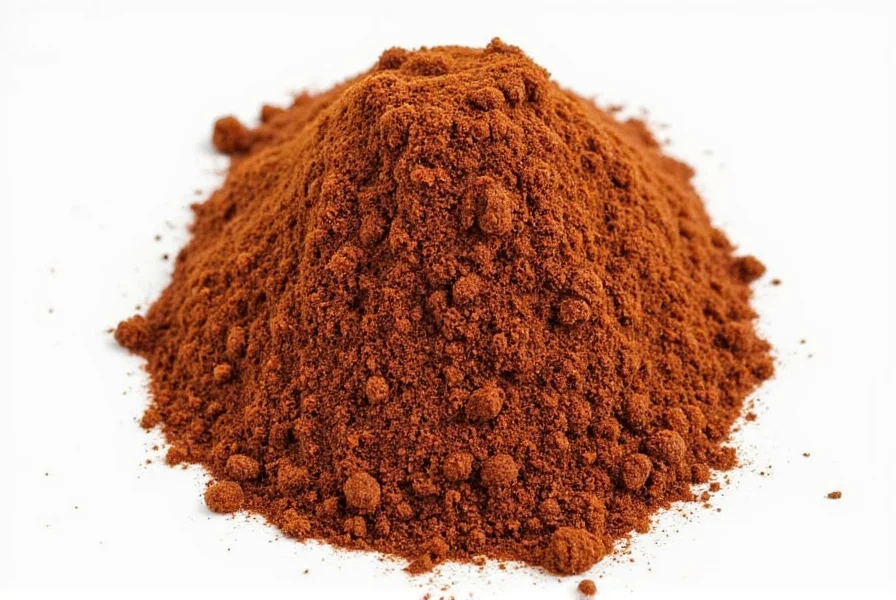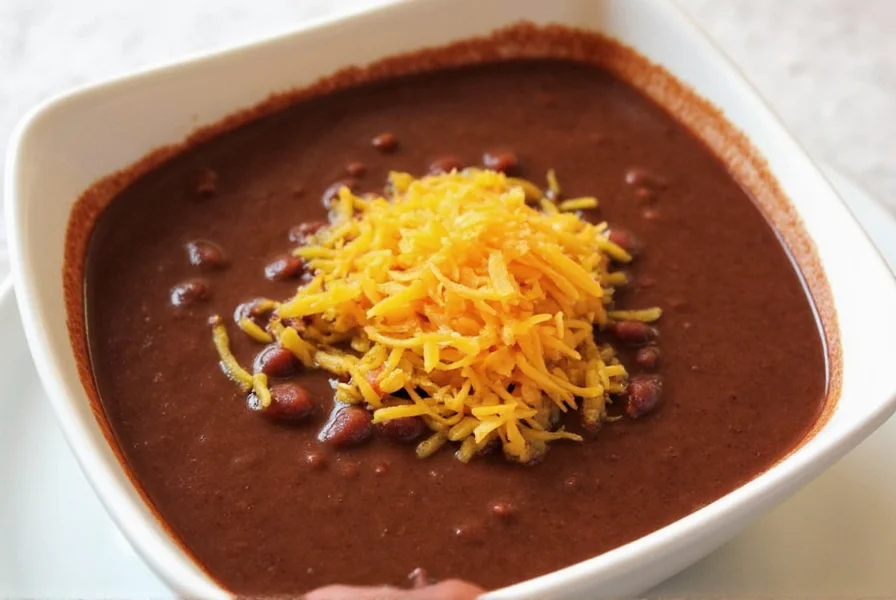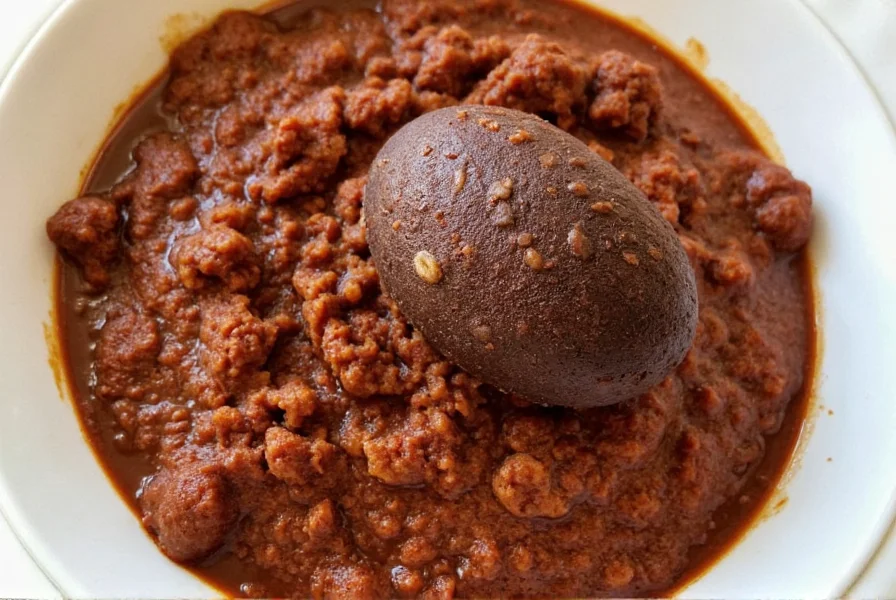7 Spicy Secrets Behind the Magic of Mole Mexican Food: A Flavor Journey You Can't Miss!
If you’ve ever tasted mole, you know it’s not just a sauce — it’s an entire flavor symphony. The word “mole” comes from the Nahuatl word molli, which means ‘sauce’ or ‘concoction.’ But don’t let that simple translation fool you. In Mexico, mole is a dish steeped in tradition, culture, and a whole lot of spice.

What Exactly Is Mole?
In short, mole (pronounced MOH-lay) is a rich, complex sauce made from a blend of ingredients including chiles, spices, nuts, seeds, fruits, and sometimes even chocolate. It’s the ultimate example of Mexican culinary artistry, often taking hours or days to prepare and traditionally reserved for special occasions like weddings or Day of the Dead celebrations.
Mole can vary widely by region in Mexico. Each state — and even each family — has its own unique recipe, passed down through generations. Some are thick and dark, others light and brothy, but all are deeply flavorful.
Table of Contents
- The Origins of Mole Mexican Food
- 6 Common Types of Mole You Should Know
- The Spice Profile of Mole: What Makes It So Unique?
- How to Use Mole Like a Pro
- Buying Guide: Choosing the Best Mole Products
- Quick Homemade Mole: A Simple Recipe for Beginners
- Final Thoughts: Embrace the Magic of Mole Mexican Food
The Origins of Mole Mexican Food
The origins of mole are as rich and layered as the sauce itself. While there are many legends surrounding its creation, one popular story traces mole back to 17th-century Puebla, where a nun supposedly combined what little she had on hand — chili peppers, spices, bread, and chocolate — to create a sauce fit for visiting dignitaries.
But long before Spanish colonization, indigenous peoples were already using native ingredients like chilies, tomatoes, and cacao to make sauces. Mole is truly a fusion of old and new world flavors, combining pre-Hispanic traditions with European influences such as almonds, sesame seeds, and bread.

6 Common Types of Mole You Should Know
There isn’t just one kind of mole — far from it! Here are six of the most well-known varieties, each with its own character and spice profile:
- Mole Poblano: The most famous type, known for its deep red-brown color and rich, slightly sweet flavor with hints of chocolate and dried chilies.
- Mole Negro: From Oaxaca, this mole is so dark it looks black. It includes burnt tortillas, making it smoky and bittersweet.
- Mole Verde: Green mole relies heavily on fresh herbs like cilantro and tomatillo, giving it a bright, herby flavor.
- Mole Amarillo: This yellow mole uses guajillo and pasilla chilies along with annatto for color and mild heat.
- Mole Coloradito: Another Oaxacan favorite, this one leans sweeter with more tomato and raisin notes.
- Mole Chichilo: Often called the “mother of all moles,” it’s made with beef or goat stock and has an earthy depth thanks to dried chilies and spices.
| Type | Flavor Profile | Heat Level | Best For |
|---|---|---|---|
| Mole Poblano | Rich, chocolatey, smoky | Mild-Medium | Turkey, Chicken, Tamales |
| Mole Negro | Smoky, Bitter-Sweet | Mild | Pork, Turkey |
| Mole Verde | Fresh, Herbaceous | Low | Vegetables, Fish, Chicken |
| Mole Amarillo | Bright, Tangy | Medium | Beef, Pork, Rice |
| Mole Coloradito | Sweet, Tomato-forward | Mild | Meat Enchiladas, Tacos |
| Mole Chichilo | Earthy, Umami-rich | Medium | Beef, Stews |

The Spice Profile of Mole: What Makes It So Unique?
At the heart of mole is a delicate balance between heat, sweetness, acidity, and umami. Unlike typical hot sauces or chili pastes, mole is all about harmony. Here’s how the spices play their part:
- Dried Chilies: Ancho, mulato, pasilla, guajillo — these are the base of most moles and bring both heat and complexity.
- Cinnamon & Cloves: These warm spices add a subtle sweetness and help round out the bitterness of darker moles.
- Allspice & Pepper: Just a pinch can elevate the earthiness and enhance the overall aroma.
- Chocolate: Used in some moles, especially mole poblano, it adds depth and balances the chilies’ heat.
- Tomatoes & Tomatillos: Provide brightness and acidity to contrast the richness of the sauce.
Spice Comparison Chart
| Spice | Role in Mole | Flavor Note |
|---|---|---|
| Ancho Chili | Base heat and sweetness | Dark fruit, raisin-like |
| Guajillo Chili | Mild-medium heat, tangy | Berry, tea-like |
| Cinnamon | Warmth and sweetness | Woody, aromatic |
| Allspice | Depth and warmth | Clove-cinnamon hybrid |
| Black Pepper | Pungency and kick | Sharp, spicy |
| Chocolate | Smoothness and complexity | Roasty, sweet-bitter |
How to Use Mole Like a Pro
You don’t need to be a professional chef to work mole into your weekly meals. Whether you’re using store-bought paste or making your own, here are some tips to use mole like a seasoned pro:
- Thinning It Out: Mole paste is thick and concentrated. Add broth or water to thin it to your desired consistency before heating.
- Heat Gently: Never boil mole — it can break the emulsion and ruin the texture. Simmer gently instead.
- Add a Pinch of Sugar: Some moles, especially darker ones, benefit from a touch of sugar to balance bitterness.
- Use for Braising: Mole makes an incredible braising liquid for chicken, pork, or turkey.
- Drizzle Over Everything: From tacos to eggs to grilled cheese, mole adds a gourmet flair to everyday dishes.
Buying Guide: Choosing the Best Mole Products
If making mole from scratch sounds daunting (and honestly, it can be!), the good news is there are excellent pre-made options available. Here's a breakdown of some top-rated mole products you can buy, along with their features and best uses:
Top 5 Store-Bought Mole Pastes
| Product | Description | Features | Best For |
|---|---|---|---|
| La Costeña Mole Poblano Paste | A popular brand offering a rich, traditional mole poblano paste. | Ready-to-use, balanced sweetness and heat, no artificial preservatives | Beginners looking for authentic taste without prep |
| Dona Maria Mole Sauce | Pre-thinned mole sauce in a jar, easy to heat and serve. | Convenient, shelf-stable, mild to medium heat | Busy weeknights, families with kids |
| Los Amigos Mole Negro | Authentic Oaxacan mole negro in a paste form. | Deep, smoky flavor, requires thinning and simmering | Experienced cooks wanting regional authenticity |
| Goya Mole | Widely available, budget-friendly option. | Mild, slightly sweet, perfect for dipping | General use, parties, snacks |
| La Flor de Izucar Mole Poblano | High-quality paste from Puebla, ideal for holiday meals. | Complex flavor, versatile, premium quality | Special occasions, serious home chefs |

Key Buying Tips
- Check Ingredients: Look for real chilies, spices, and minimal preservatives. Avoid anything with corn syrup unless you prefer a sweeter mole.
- Paste vs. Sauce: Paste gives you more control over thickness and flavor; ready-to-use sauce is faster but less customizable.
- Storage: Once opened, refrigerate mole products and use within a few weeks. Many pastes can also be frozen for longer storage.
Quick Homemade Mole: A Simple Recipe for Beginners
Ready to try making your own mole? Don’t worry — you don’t have to spend all day grinding spices and roasting chilies. Here’s a quick version that still packs a punch:
Simple Mole Poblano (40 Minutes)
- 3 ancho chilies (stemmed and seeded)
- 2 tablespoons olive oil
- 1 small onion, chopped
- 2 cloves garlic, minced
- 1 small tomato, blended
- 1/4 cup almonds or peanuts
- 1 tsp cinnamon
- 1/2 tsp ground cumin
- 1/2 tsp salt
- 1 tbsp brown sugar (optional)
- 1 oz dark chocolate
- 1 cup chicken or vegetable broth
Instructions
- Toast chilies in a dry pan until fragrant, then soak in hot water for 10 minutes.
- In a skillet, sauté onion and garlic until soft.
- Add blended tomato, toasted almonds, spices, and soaked chilies (with soaking water).
- Pour in broth and simmer for 20–30 minutes.
- Stir in chocolate until melted and smooth.
- Blend until smooth and season with salt and sugar to taste.
Final Thoughts: Embrace the Magic of Mole Mexican Food
Mole is more than a sauce — it’s a celebration of flavor, culture, and heritage. Whether you’re using a store-bought paste or crafting your own batch from scratch, mole brings warmth, depth, and a touch of magic to every bite.
From its ancient roots to its modern-day variations, mole mexican food remains a testament to the creativity and richness of Mexican cuisine. So why not give it a try? Your taste buds will thank you — and maybe even your guests at your next dinner party.
Whether you're a seasoned spice lover or a curious beginner, there’s a mole out there waiting for you. Now go forth, explore the world of moles, and savor every delicious spoonful.










 浙公网安备
33010002000092号
浙公网安备
33010002000092号 浙B2-20120091-4
浙B2-20120091-4